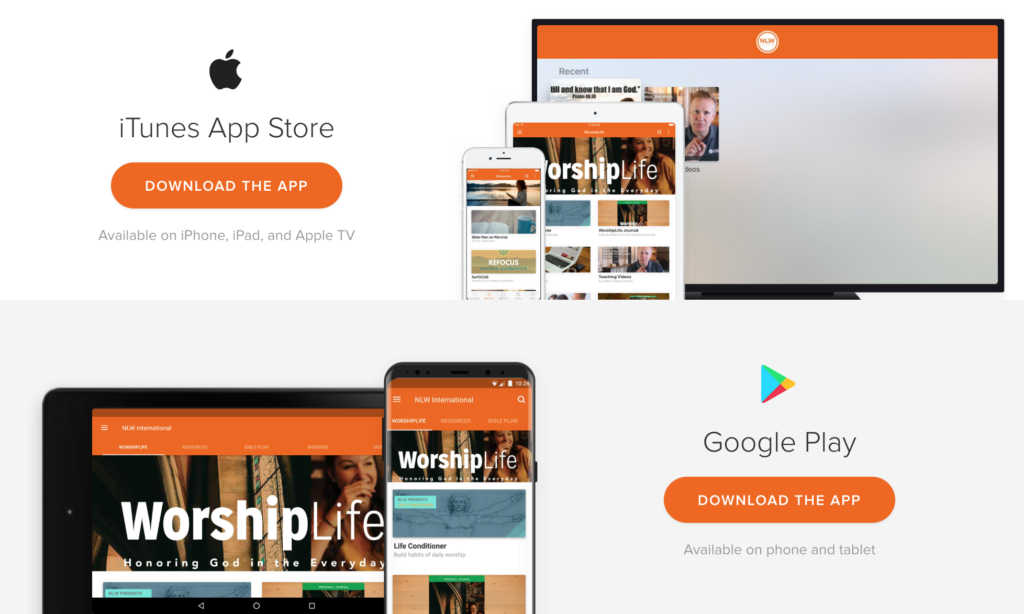
The Open Door
By John Martin
I have a question that I would like to ask my fellow pastors; “Do you have an open-door policy?”
I once prided myself on having an open-door policy with any and every organization that I worked with. I would tell people, “Please, stop by anytime. I’m always ready to listen.” It was always interesting to see how in the beginning people would come by, sit down and share their thoughts and concerns. I would always smile politely and even repeat back to them what they had said to show that I had listened attentively. And as time passed and I settled into the routine of pastoring the church I was amazed at what a great problem solver I was! In the early years of my ministry, without fail we would eventually reach the day when the people would no longer have need to stop by and share. In some miraculous way, due to my extraordinary leadership skills I would have addressed all their issues and solved all their problems – or so I thought!
What I was too inexperienced and too cocky to see is that they were no longer coming because they did not see the point in it. What I viewed as an open exchange, they viewed as an exercise in futility! Oh, I would listen, I would smile, I would nod, and I would always thank them for coming and say something like this: “Thanks so much for stopping by and sharing your thoughts. Please know that I will take this under advisement.” But then, I would continue doing what I was doing and make no changes. I thought I had created an environment where we were able to have open, honest communication, but it was actually an environment where authentic communication and courageous conversations were stifled. I had to come to the realization that an open-door policy is worthless if it is not overseen by a person with an open heart and an open mind.
Regardless of the size of the organization you lead, regardless if you are dealing with paid, professional staff or you are leading an army of volunteers, if you do not have an open heart and an open mind then your open-door policy is no more effective than a guitar with no strings! If we truly want to build an environment that is grounded in open communication and honest evaluation, it is not enough to simply have an open-door policy. As a leader you must also have an open heart and an open mind. Here are a couple of thoughts on how to best accomplish this:
1. Be an active listener.
This means that you are not only hearing what a person has to say, but you are actively engaging in the art of listening! When someone wants to speak with you begin by letting them know that what they say is important and communicate this not only with your words but with your actions and your body language. Face them and make eye contact (even if they don’t). Sit with more of an open stance to show that you are receptive to what they are saying. Remove any distractions by turning off or silencing your phone (by the way, make it a point to let them see you put your phone down and don’t pick it back up).
2. Keep an open mind.
Listen without judging the other person. As soon as you begin judging you’ve compromised your effectiveness as a listener. Listen without jumping to conclusions. Remember that the speaker is using language to represent the thoughts and feelings inside their brain. You don’t know what those thoughts and feelings are and the only way you’ll find out is by listening.
3. Don’t interrupt.
We used to be taught that it’s rude to interrupt but I’m not sure that message is getting across anymore. Certainly, the opposite is being modeled on many talk shows and reality programs, where loud, aggressive, in-your-face behavior is often encouraged. But interrupting sends a variety of messages. It says:
I’m more important than you are.
What I have to say is more interesting, accurate or relevant.””I don’t really care what you think.
I don’t have time for your opinion.
This isn’t a conversation, it’s a contest, and I’m going to win.”When listening to someone talk about a problem, refrain from suggesting solutions (how my wife wishes that I would truly learn and practice this lesson!). Most people don’t really want your advice anyway. If they do, they will ask for it. Most people prefer to figure out their own solutions and they only need us to listen. But many times we feel that we have the answer and we should share our brilliant insights. WRONG! Listen and don’t interrupt. At some point, near the end of the conversation, if you are absolutely bursting with a brilliant solution, at least get the speaker’s permission. Ask, “Would you like to hear my ideas?
4. Show you’re engaged by providing feedback.
Show that you understand where the speaker is coming from by reflecting their feelings. “You must be thrilled!” or “What a terrible ordeal for you.” The idea is to give the speaker some proof that you are listening, and that you are following their train of thought.
5. Listen for what is NOT being said.
If you exclude email, most direct communication is probably nonverbal. We glean a great deal of information about each other without saying a word. Even over the telephone, you can learn almost as much about a person from the tone and cadence of her voice than from anything she says. After all it is often not what we say that gets us in trouble as much as it is HOW we say it! Face to face with a person body language is important, not only your body language but their body language. You can detect enthusiasm, boredom, or irritation very quickly in the expression around the eyes, the set of the mouth, the slope of the shoulders. These are clues you can’t ignore. When listening, remember that words convey only a fraction of the message.
6. Follow-up and follow through.
Your open-door policy, even if accompanied by an open heart and an open mind, is only as good as your ability to follow-up and follow through. When someone comes to you with an idea or an issue, they not only want to be heard but they want to be valued. Many of the above tips shows a person that you are willing to hear them, but the follow-up above all else, shows that you value them. Be certain that you take the time to consider what is said and then schedule a time to meet with them again and follow-up on the conversation. Share with them the steps that are being taken or provide them with some sound, logical reasons why their idea is not being implemented. And remember above all else to follow through on any commitments you make.One of the keys to building a great organization is to help the team take ownership in the mission and vision. To do this they need to feel that they can contribute and that they will be heard. So, an open-door policy is crucial for the livelihood of any organization. As the pastor (or whatever leadership role you may hold) it is our responsibility to make certain that our team understands that we have an open-door policy. But even more importantly is that they know there will be an open mind and an open heart waiting for them behind that door.





Leave a Reply
You must be logged in to post a comment.